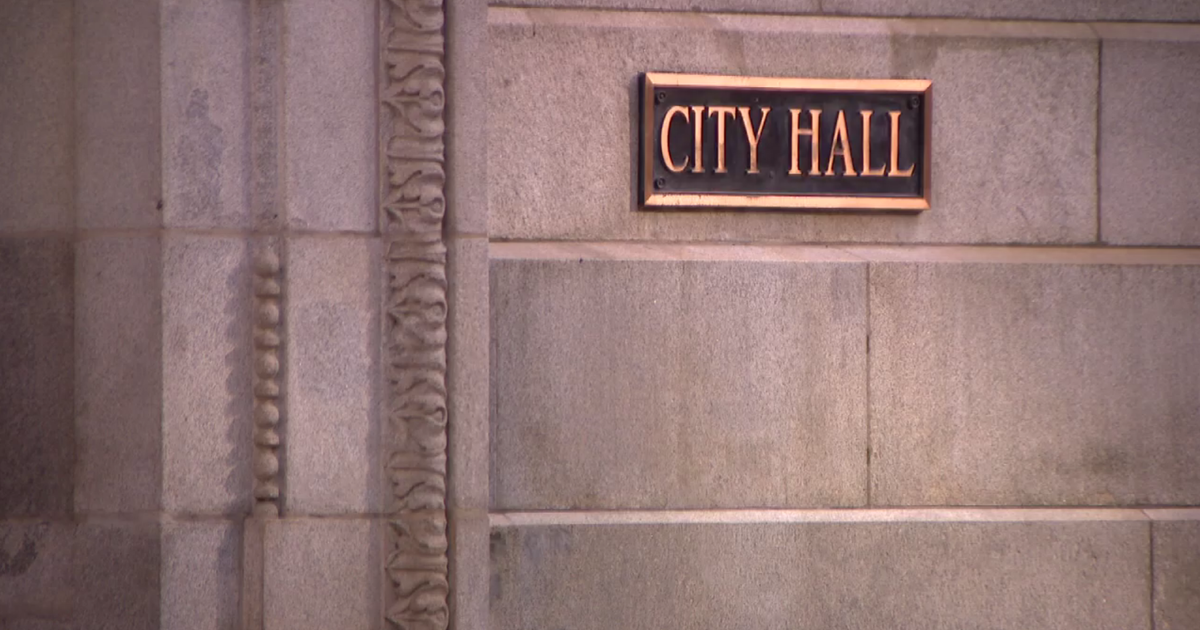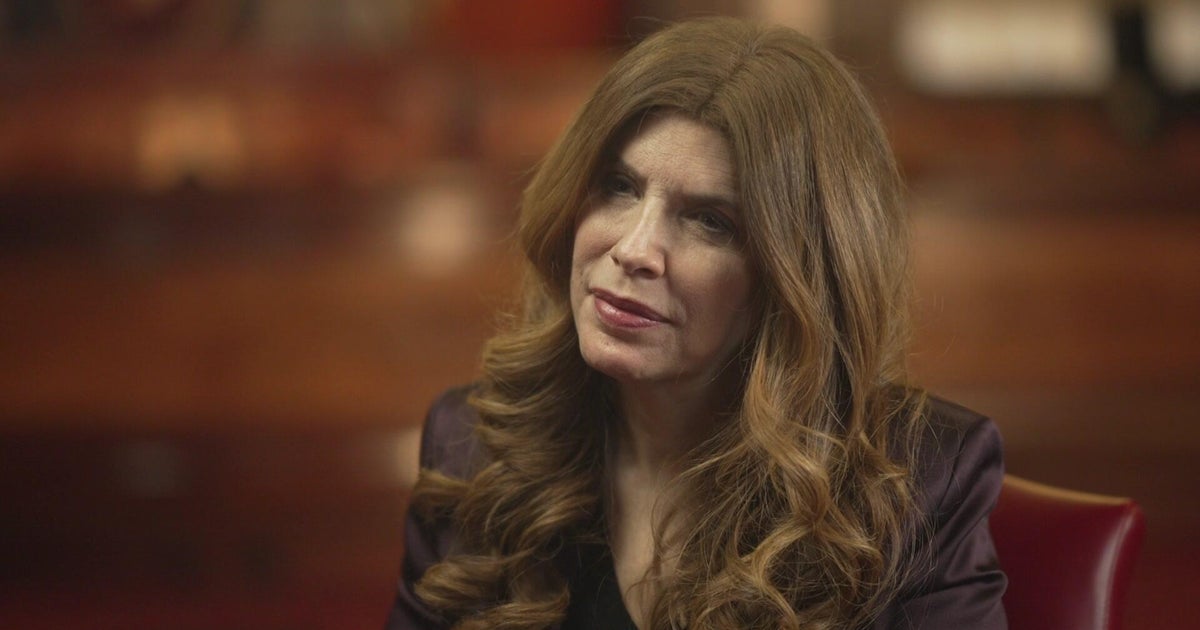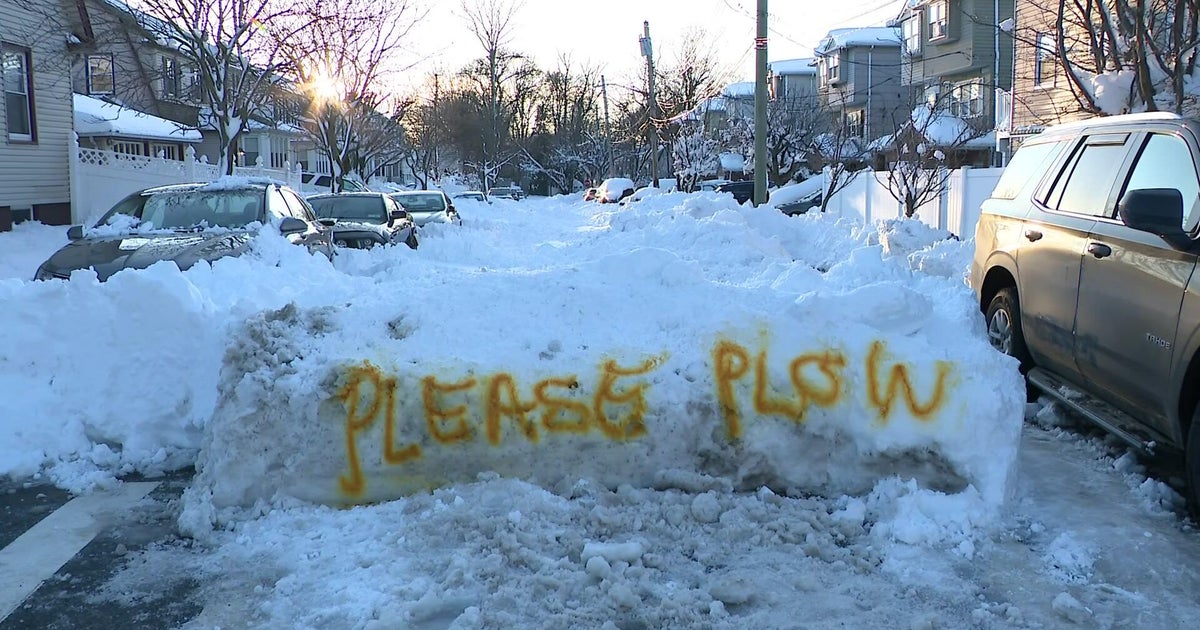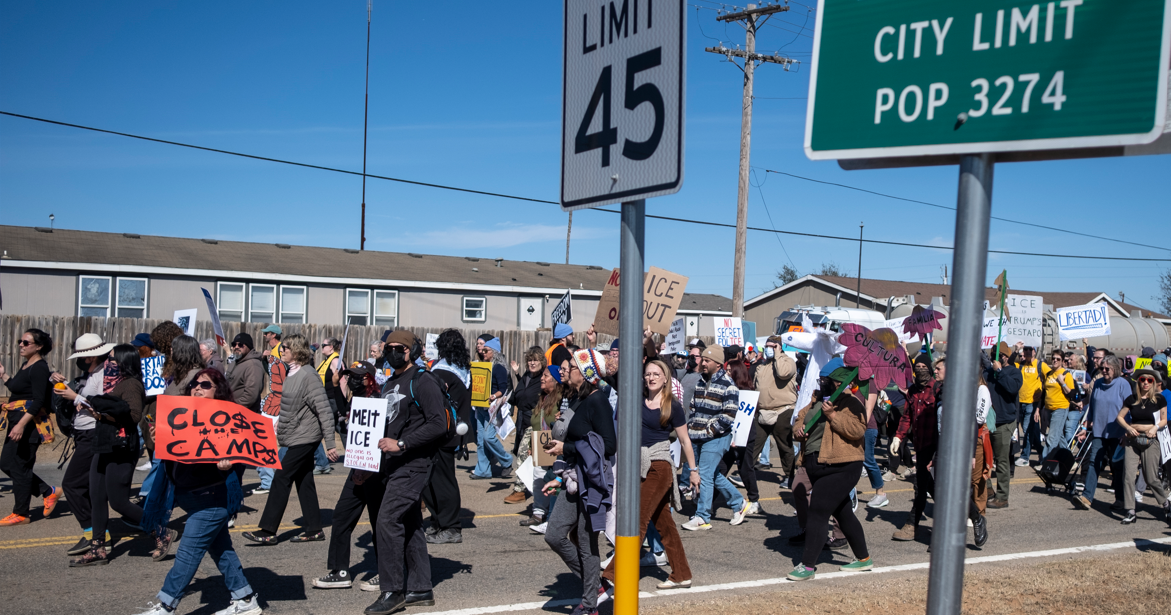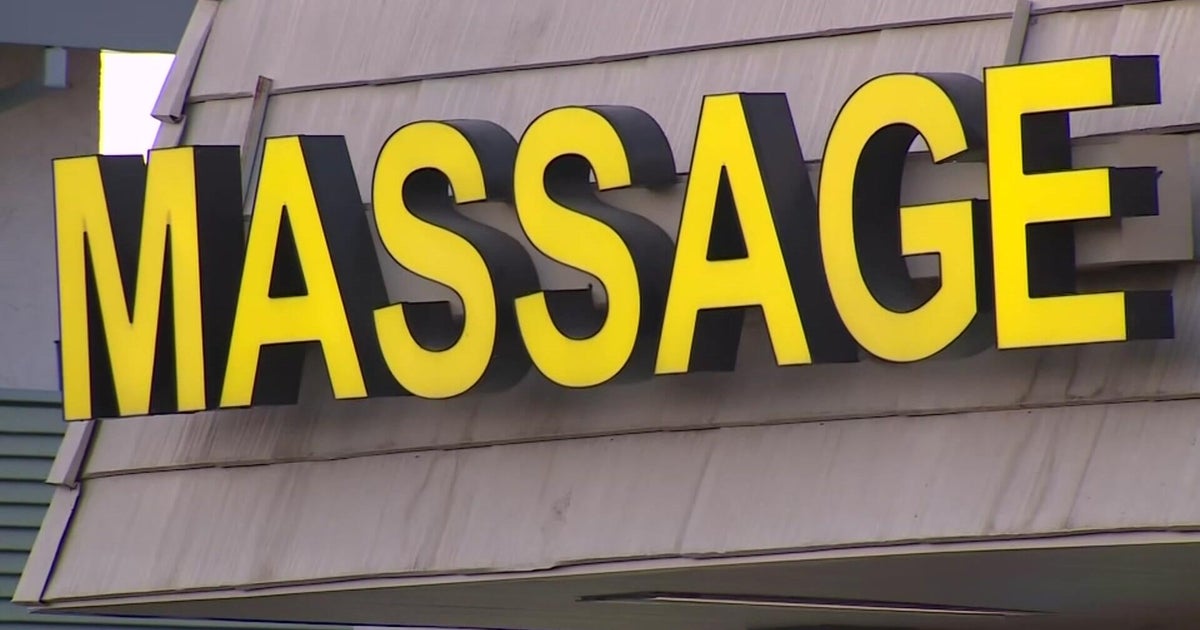Mayor Lori Lightfoot Confident Her Air Pollution Plan Will Pass City Council, Despite Delay
CHICAGO (CBS) -- Although her plan to change the city's zoning laws to require more regulation of industrial air polluters has been bottled up in committee for now, Mayor Lori Lightfoot said she's confident it will pass the City Council after conferring with aldermen who have raised objections on both sides of the issue.
The mayor's proposal would require industrial developers to clear additional regulatory hurdles before opening facilities near residential neighborhoods, but at a Zoning Committee hearing this week, several aldermen said the ordinance does not go far enough to protect Chicago residents, while others claimed it is too strict, and would stymie needed development in Chicago.
Rather than call a vote on the ordinance, Zoning Committee Chairman Ald. Tom Tunney (44th) agreed to hold the mayor's proposal in committee to give the Lightfoot administration more time to work with aldermen on their concerns.
"I believe that more work needs to be done on this issue, both from, what I say, the left side of the brain and the right side of the brain. Obviously there's concerns about the environmental air quality. Nobody is interested in diminishing air quality. The other side of this, we've heard a lot from our business interests, and the ability or the regulation of going to the ZBA [Zoning Board of Appeals] more often than not. So I've determined that we need more work to be done on the ordinance," Tunney said when the Zoning Committee reconvened Wednesday morning an hour before the full City Council meeting.
Lightfoot said she doesn't see what happened with her air pollution ordinance as a failure.
"We plan to absolutely move forward with it. I'm confident that we will get it passed," she said. "I believe that the continuing engagement that we are going to do over these next couple weeks will assure its passage."
The mayor declined to get into specifics about any changes that might be negotiated with aldermen, but denied criticism from some aldermen that her proposal is simply a power grab. She said the goal is to make sure that aldermen and the community are guaranteed input before industrial developments are allowed to operate close to homes and schools.
Lightfoot said, under current city rules, if a new developer wants to set up shop in a previously-approved planned development after the original tenant moves out, they don't need to seek city approval from either the local alderman or the mayor. She said that needs to change.
"This isn't about aldermanic prerogative or power, it is about making sure that residents are protected and that they have fair notice when somebody is coming into their neighborhood who potentially could endanger their health through air quality issues. We have to give residents a fighting chance and the ability to impact the kind of things that are going into their neighborhoods, and under current rules right now it doesn't happen," she said.
The mayor also rejected arguments that her ordinance would stifle any future industrial development in Chicago. She said the proposal she presented to the City Council was developed after four months of talks with the business community.
"What we're trying to accomplish is the same level of oversight that happens with gas stations. They haven't gone out of business. They haven't stopped opening up in the city of Chicago," she said. "We'll separate truth from fiction, but this notion of 'Oh my goodness, the sky is falling, we will never have development again in the city of Chicago,' I think really is insulting to the intelligence of us all."
In other business on Wednesday, the City Council approved:
- The creation of a City Council subcommittee on reparations, tasked with finding ways of providing reparations for the descendants of slaves. The panel, formed as part of the council's Committee on Health and Human Relations, will also examine ways of addressing the city's historic racial inequities in housing, education, employment, criminal justice, health care, and life expectancy.
- An ordinance allowing Chicago delivery services to use electric pedal-assist cargo bicycles to deliver parcels by using designated bike lanes. The cargo bikes would be prohibited from operating on sidewalks, and would be required to park in designated on-street parking spots, not at bike racks.
- An ordinance to regulate the use of low-speed electric public passenger vehicles, similar to those used by the company Tuk Tuk Chicago, which had already been allowed to operate up to 20 of the three-wheeled vehicles on city streets under an "emerging business permit." Like limo companies, all rides would have to be pre-arranged; passengers could not simply hail them from the curb.
- An ordinance prohibiting any city forms from asking for a person's gender unless it is needed for medical reasons, or required by another law. On any forms where the person's sex is needed, selections would have to include male, female, and nonbinary.
- An ordinance allowing the city to "claw back" tax incentives from companies that are "betraying the public trust by engaging in egregious violations of law or acts that jeopardize the health, safety, and welfare of the surrounding community." The City Council would be allowed to revoke tax incentives after reviews by city agencies and public hearings, but could not be applied retroactively, only to future tax incentives approved by aldermen.


